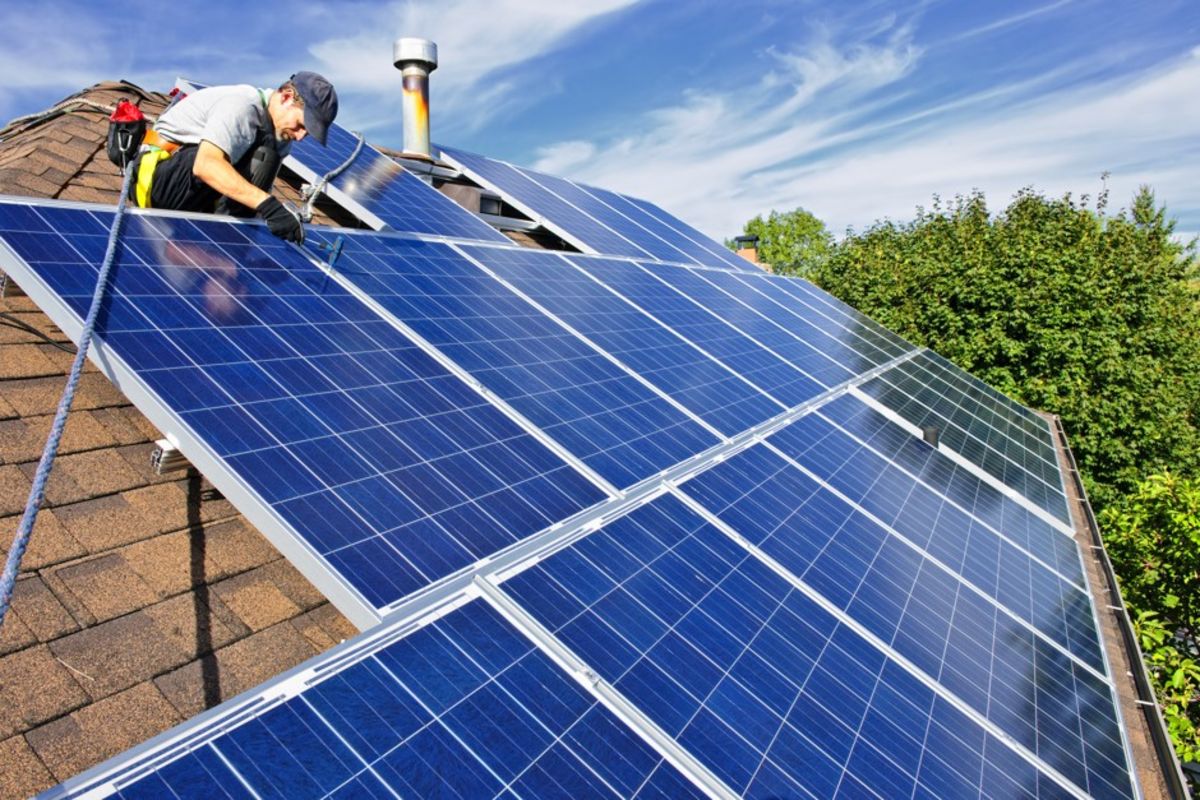Why are so many homeowners installing solar power?
Solar power is becoming a significant source of clean energy in the US, and in recent years the switch has been remarkable – owing mostly to exorbitant energy bills in the country, and worldwide. 1 million solar power installations were built in the US in the last two years, according to the department of energy. Today, there are more than 2.7 million residential solar systems in the US.
Residential-based solar installations have been going up significantly – thanks to the building up of awareness around climate change, as well as the government initiative of a tax credit for homeowners. Solar energy production has increased 6-fold since 2014. Though the production has increased, there is still a long way to go – residential solar energy production makes up less than 1% of energy production in the US, as of 2021.
Homes in California produced the most solar energy when compared to other states; Arizona came second with the most residential solar energy produced. Other factors to consider are the population in these states, level of education, abundant sunshine throughout the year, and government programs and incentives, such as the California solar mandate – all contributing to this growth.
What do people in the US think about solar energy?
Many surveys are used to assess what people think, and an astonishing 48% of homeowners in the US have given solar energy a serious thought. This is also due to the rise in inflation which is at its highest since 1982. 36% of these respondents also feared or were hesitant about the upfront costs of installing solar panels. A recent survey showed, only 19% of homeowners in the US have installed solar energy on some scale.
Still, a large number don’t plan to or have given a thought to making the switch. Not every home has the preparedness and the capital to install solar, it’s about having the right resources, and the right people to do it for you. People who do want to make a switch want to do it primarily to be off the grid, not to lose money with power companies, and also to protect the environment.
Having an independent energy source for your home is a great idea, also being mindful of your carbon footprint and being ethical and observant of the effects of climate change globally is much needed. We need more of this sentiment.
Your house should be qualified to have solar panels installed; most people rent their houses or live in apartments, people who do have independent homes might have very old homes with old roofs. Contacting a reliable solar energy providing company can make it or break it for you.
Some homeowners also worry would solar energy be enough for the electricity needs of their home? Which is a valid question. A recent survey showed a typical family of four having roof-top solar panels were satisfied with the energy produced. One has to buy solar panels according to the required capacity of the home. Many families haven’t paid any energy bills since relying completely on solar energy.
Are there any incentives for going solar power?
Installing solar energy increases the market value of your home; most homeowners strongly agree that yes, solar energy does add significantly to the market value of your home. Solar energy is renewable; you can never run out of it, unlike coal, gas, petroleum and other sources. Homeowners however should be aware of the local state-level regulations and permits they would need.
The biggest incentive for homeowners is the federal tax credit; this eventually lowers your tax bill. Thus, instead of fearing the upfront cost, and permissions, just gather some knowledge, contact a reliable company, and see if your home is suitable for it or not. There are many types of solar panels now available, and if you live in a state flooded with sunlight – the good idea is to go solar without any hesitation.
Therefore, we recommend going solar that is a renewable source of energy, thus helping minimize the carbon footprint; relying less on coal, oil and other scarce sources. Solar photovoltaic cells on solar panels convert light into electricity when rays hit these cells. Batteries are used for solar energy storage, and thus excess stored energy can be used when there is less sunlight.

